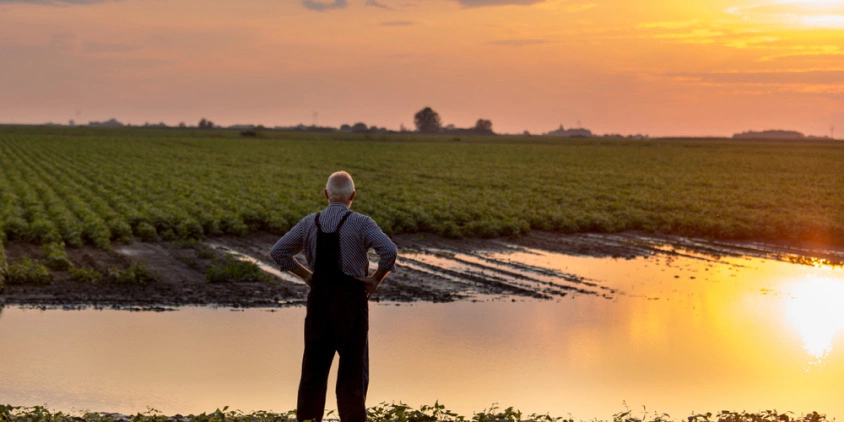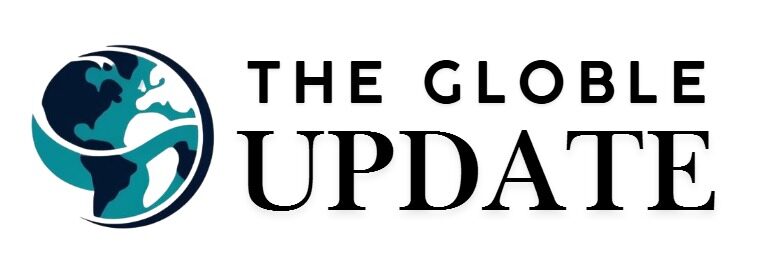As the federal government shutdown enters its third day, Georgia residents are experiencing disruptions that range from national park closures to delays in federal aid programs. While political leaders debate responsibility, families, farmers, and local nonprofits are dealing with immediate consequences.
National Parks Closure Leaves Visitors in Limbo
Visitors like Stephen and Amantha Moore had planned a national parks road trip, only to find centers closed due to the shutdown. Brittany Jones, executive director of the Chattahoochee National Park Conservancy, expressed concern about the potential long-term effects on both park operations and educational programs.
“Our mission is to enhance the park, not run it,” Jones said. “We don’t want to set a precedent for stepping in too deep.”
Meanwhile, CDC employees in Atlanta face furloughs, adding stress to a workforce already impacted by previous budget cuts and security incidents. Union leaders warn of long-term consequences if the shutdown persists.
Food Banks and Nutrition Programs Under Pressure
The Atlanta Community Food Bank reports increasing demand as federal nutrition programs like WIC face funding uncertainty.
Kyle Waide, the food bank’s president, said:
“The need is extraordinary, and a prolonged shutdown could push our resources to the limit.”
Families like that of Lucia Graves rely on these programs to access essential nutrition for children. Continued funding interruptions could have severe consequences for the most vulnerable.
Farmers Face Disruptions to Essential Support

Agricultural communities in Georgia are particularly vulnerable during the shutdown. Delays in block grant funding and commodity reporting could affect planting and harvesting schedules, putting farmers at risk.
| Sector | Shutdown Impact |
|---|---|
| National Parks | Visitor restrictions, canceled field trips |
| Federal Employees | Unpaid furloughs, job uncertainty |
| Nutrition Programs | Reduced assistance, increased demand |
| Agriculture | Delayed funding, disrupted crop schedules |
Ben Parker of the Georgia Farm Bureau emphasizes the urgency of resolving the shutdown quickly to avoid further disruption to the state’s agriculture sector.
Who is Responsible? Residents Are Divided
Public opinion in Georgia is mixed. Some residents blame Democrats, while others focus on practical impacts rather than politics.
The shutdown stems from disputes over extending Affordable Care Act (ACA) health insurance subsidies. Democrats push to preserve the subsidies, which have boosted enrollment in Georgia since 2020, while some Republicans argue the costs are unsustainable.
Potential Effects on the 2026 Midterms
Political analysts warn that the shutdown could influence the upcoming midterms, particularly in key Atlanta suburbs where Democratic Senator Jon Ossoff faces reelection. Voters may remember the personal and community-level impacts of the shutdown when heading to the polls.
Coping and Community Response
From national parks stepping up to nonprofits assisting with food aid, Georgia communities are adapting as best as they can. Yet, the longer the shutdown continues, the greater the potential for lasting disruptions.
“People are worried about their kids, their jobs, and basic services,” said Thomas Nelson, a local resident.




